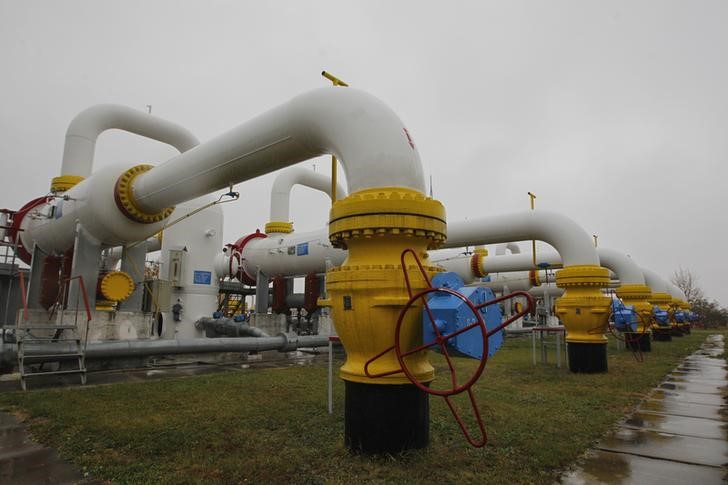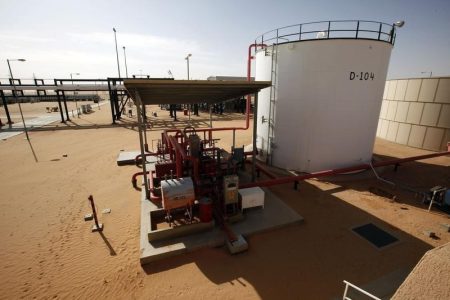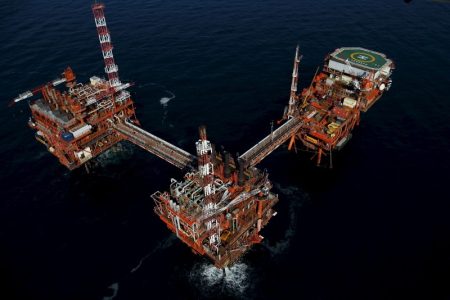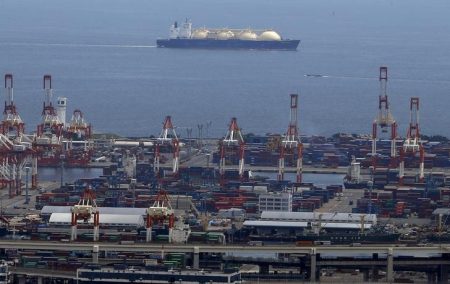European gas prices have risen by 20% on Wednesday, due to a confluence of supply concerns originating from conflicts in Israel and Ukraine, as well as potential sabotage on the Balticconnector pipeline. The pipeline, operated by Finnish transmission operator Gasgrid, is under scrutiny with NATO closely monitoring the situation due to suspicions of sabotage, a situation reminiscent of a previous attack on the Nord Stream pipelines allegedly by a pro-Ukrainian group.
The rise in prices was further exacerbated when Chevron (NYSE:) was ordered by the Israeli government to halt operations at the Tamar offshore gas field. This move has indirectly affected gas exports to Egypt, raising concerns that Israel and Egypt may prioritize their domestic customers over exports. Despite nearly full gas storage facilities, Europe’s heavy reliance on imported fuel could trigger further price hikes in case of unexpected disruptions or colder winters.
The Eurasia Group has issued a warning that Finland and Estonia could face winter shortages if other import routes are disrupted. However, Finland has assured that it can secure supplies through a temporary liquefied terminal. Meanwhile, Estonia could potentially obtain gas from Latvia in the event of such disruptions.
The ongoing conflicts in Israel and Ukraine are contributing to the uncertainty in the European gas market. NATO, under Jens Stoltenberg, is vigilant about these developments and their potential impact on energy security in the region.
This article was generated with the support of AI and reviewed by an editor. For more information see our T&C.
Read the full article here















